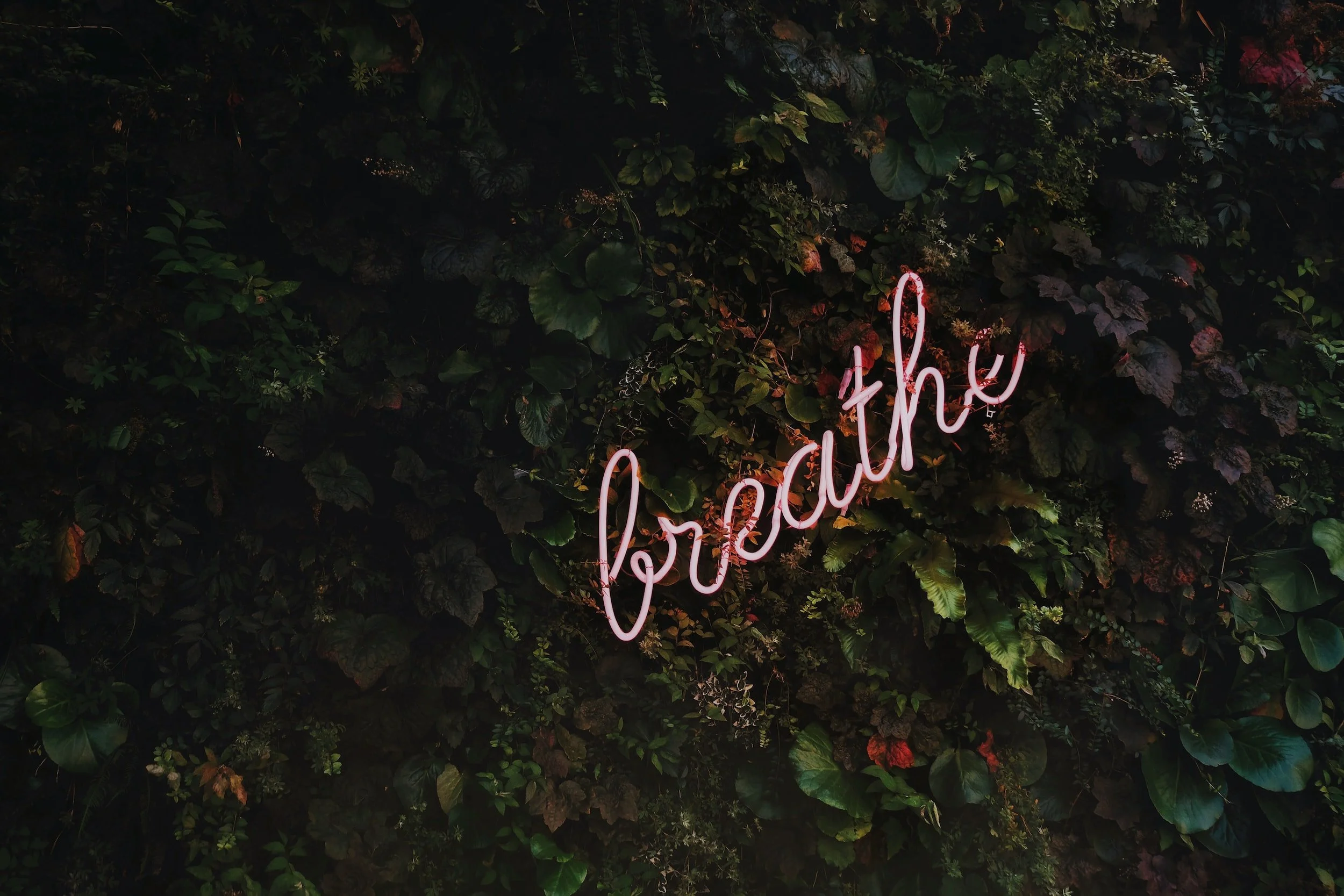Natural Solutions for When You’re Having a Particularly Rough Day
Whether you're dealing with problems in your personal life, at work, or in a relationship, there are infinite sources of stress that you may encounter every day. Some days are better than others. But on days that are worse, you may feel even more depressed and anxious than usual. On those days, you may be more inclined to resort to unhealthy coping mechanisms like drinking and smoking. But these “solutions” don't fix the problem, and they often make you feel worse. The next time you're feeling down, try these natural ways to fight anxiety instead.
Exercise
You probably already know that getting regular exercise can help you manage weight, keep your blood pressure and cholesterol in check, and improve your cardiovascular health. But working out on a regular basis also has psychological benefits. Exercise stimulates brain chemicals that make you more relaxed and happier. In fact, the benefits are so pronounced that exercise can easily be as effective as medication in managing stress and anxiety. An added bonus is that the benefits of exercise can last for hours afterward, which is much longer than the quick buzz you might get from alcohol and tobacco.
Avoid Caffeine
Caffeine is one of the biggest enemies of people who suffer from anxiety. Caffeine itself can cause nervousness and heart palpitations. If you already have anxiety, caffeine magnifies its effects. It can even trigger panic attacks in people who have been diagnosed with panic disorder. Instead of reaching for caffeinated coffee, sodas, and tea, consider switching to decaf coffee or tea and replacing soda with seltzer water instead.
Meditate
Of the many natural ways to fight anxiety, one that tops the list is meditation. The purpose of meditating is to replace anxious and worried thoughts with a sense of peace and serenity by learning to be mindful of the present. Meditating for as little as 30 minutes each day, according to research from John Hopkins University, can be as effective as an antidepressant. Meditating for 30 minutes can also reduce anxiety.
Get Adequate Sleep
Most people require about eight hours of sleep a night. But along with sufficient duration, rest should also be of high quality. Sometimes, anxiety keeps people from getting the necessary quantity and quality of sleep. You might find that you have trouble falling asleep or staying asleep. Turning off technology before you go to sleep, (and not watching television or using technology in bed), only going to sleep when you're tired, and avoiding large meals and caffeine before bed can make it easier to sleep soundly. You might also consider making a note of your worries before you hit the hay to clear your mind.
Deep Breathing
Like meditation, practicing deep breathing can help relieve symptoms of anxiety. Your breathing patterns tend to change when you are anxious. Instead of breathing at a regular and even pace, you may be taking shallow, fast breaths. This can trigger dizziness, lightheadedness, and increased heart rate. Ultimately, it can cause a panic attack. Taking deep breaths sends a signal to your brain that you are okay and you can relax. Deliberately taking slow, deep breaths can return your breathing patterns to normal and eliminate anxiety. To perform slow breathing exercises, experts recommend first lying down flat on the ground. Then put one hand on your stomach on the other on your chest. Take a slow, deep breath in. Hold it in for a second then slowly exhale. Repeat until you feel calmer and more relaxed.
Aromatherapy
Aromatherapy uses the power of scent from essential oils to reduce anxiety. The oils can either be added to a warm bath, a diffuser, or inhaled directly. Studies on aromatherapy have found that it improves sleep, lifts your mood, promotes relaxation, and lowers blood pressure and heart rate. Certain oils are specifically designed to alleviate anxiety. Recommended oils for anxiety relief include grapefruit, bergamot, lavender, and ylang-ylang.
Herbal Teas and Supplements
Drinking herbal teas and taking herbal supplements may also be helpful in reducing stress and anxiety. One of the top herbal teas is chamomile tea, which is widely known for its calming and anxiety-relieving effects. In studies, chamomile has even been shown to combat the effects of cortisol, which is a stress hormone that can interfere with sleep and worsen your anxiety. Valerian root, kava kava, and Rhodiola are recommended for reducing anxiety. St. John's wort, which you can take in supplement form or add to your tea, may reduce symptoms of depression. Before you start drinking herbal tea or taking herbal supplements, however, be sure to talk to your doctor. Some supplements may not be suitable for people who are taking certain medications or who have specific health problems.
Spend Time with Animals
It probably goes without saying that you love your cat or dog. But studies have shown that spending time with animals is good for your health, too! Spending time with animals has been shown to have positive effects on people with certain types of mental health issues, such as depression and anxiety. Many people gravitate towards furry animals, but even non-furry creatures can improve your mental state. If you don't own a pet, consider visiting a farm or a sanctuary where you can spend time around animals. Even grooming horses and caring for other peoples' pets can reduce your levels of stress and anxiety.
Write Your Thoughts Down
Journals exist for a reason, and they are not just for high schoolers. After a tough day, making time to write down your worries when you have a free moment can be very therapeutic. Taking five minutes when you get up in the morning or spending time writing down your thoughts before bed can help ease your worries and relax your mind.
With so many natural ways to fight anxiety available, you can see that there are many better alternatives than vices for managing mental health issues. And many, like exercise, produce numerous and long-lasting effects. Swapping out good anxiety and depression remedies for bad ones will make you feel better and better about yourself, which is a significant benefit that substances like alcohol and cigarettes don't provide. Next time you're struggling with a bad day, try one of these alternatives instead.
Individual counseling helps you develop an authentic connection with your true self. Many people get dominated by the activity of their mind, and miss out on valuable signals and guidance from their emotions, physical body, and spiritual self. Connecting to your intuitive prowess and being honest with your motives, needs, and wants for your life will create a path of meaning, peace, and truth.
If you need additional support or help contact your local counseling office or reach out to me here at Lotus Therapies. The suggestions made in this post is for informational purposes please speak to your doctor or practitioner to create a plan that is best for you.



